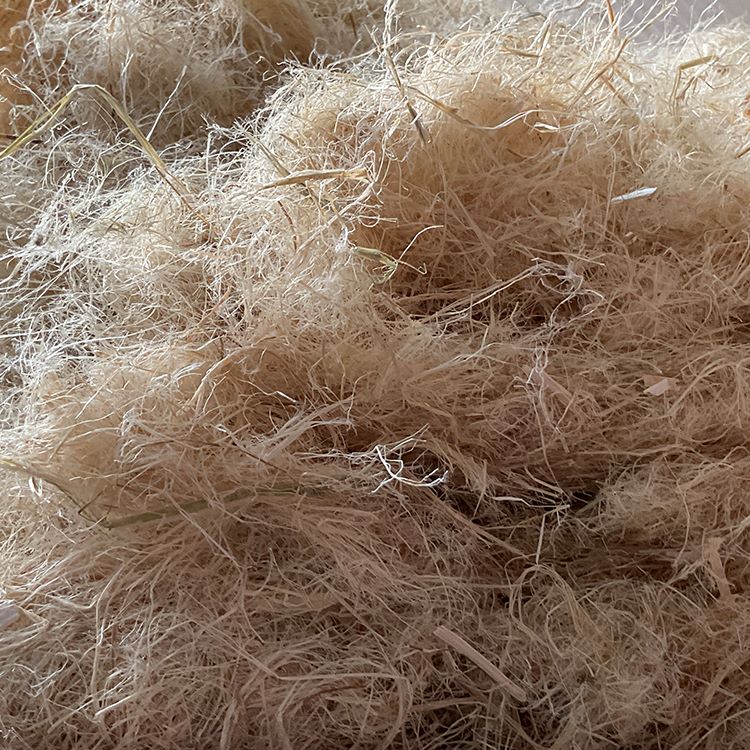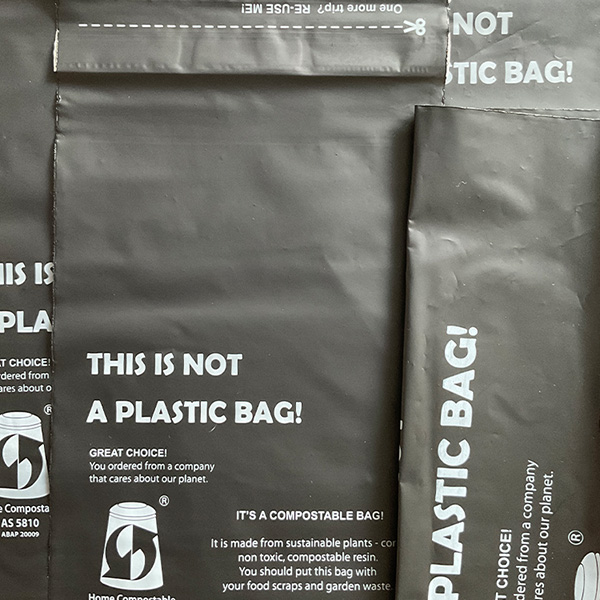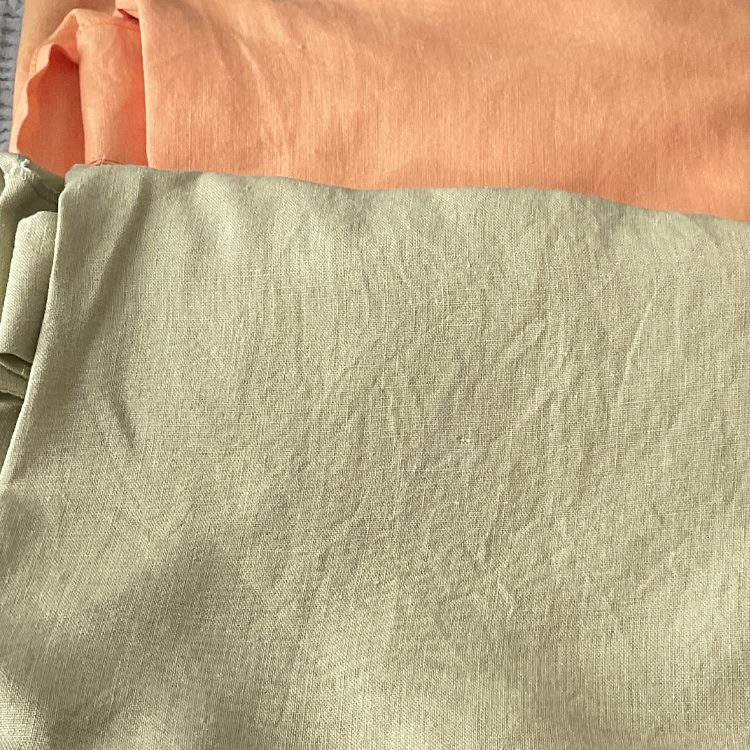Hemp Fiber
Hemp cultivation does not require any special conditions. It grows well in Lithuania and throughout Europe, needing only a small amount of moisture, sufficient rain, no fertilizers, and utilizes all parts of the hemp plant: stems, seeds, leaves, and roots, thus hemp is used without waste.
In combating air pollution, fiber hemp absorbs carbon dioxide from the environment very well and abundantly, i.e., four times more than some species of trees. Since hemp grows without any additional polluting fertilizers, it provides eco-habitats for various animal species and participates in soil regeneration processes.

Our Packaging
We use fibrous hemp for packaging breakable goods, thus avoiding bubble wrap and excessive paper use.
We use recycled paper boxes made in Lithuania for shipments containing breakable items.
For packaging, we use cornstarch mailing bags that can be composted even in home conditions.

Production and Supply
The textile industry is one of the most polluting on our planet. Bearing this in mind, we strive to create and provide products that are friendly to you and nature. Therefore, we look for naturally grown, biodiversity and environment-friendly fibrous hemp in Lithuania and the EU, which are later used in our products.
We believe that hemp textile can be not only environmentally friendly but also beneficial to you – easy to care for, washes well, dries quickly, does not release microplastics when washed, and the hemp itself requires only rainwater for growth, thus no additional irrigation is needed. Grown in Lithuania or the EU, people working with hemp fiber are not exploited.
If there are fabric remnants, they are used for other products, e.g., for making labels, etc. So far, we have not discarded a single piece of fabric!

